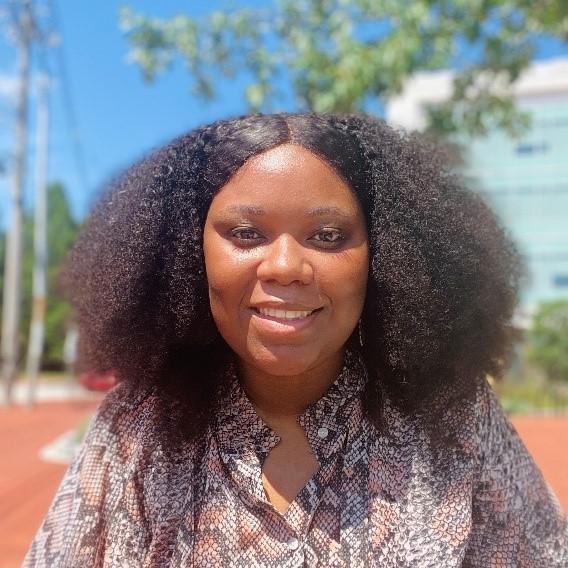The Lipman Fellowships in the Departments of History and Psychology are critical in attracting exceptional graduate students, fostering groundbreaking research, and cultivating the next generation of scholars. Our current fellows are making significant strides in their coursework, research, and campus involvement. Click the following links to learn more about how this generous support empowers our students and explore the remarkable achievements of both current and former Lipman Fellows:
Lipman Fellows in Psychology
![]()
ROBERT S. LIPMAN GRADUATE FELLOWSHIPS IN PSYCHOLOGY
Eligible graduate students must be researching alcohol-related abuse prevention and treatment, be in good standing, and make good progress toward their degree. Awards will directly support research activities and the dissemination of research findings. Students will receive funding to attend conferences, secure summer research positions, and cover occasional research expenses during the academic year.
For more information about the Lipman Fellowship, contact Dr. Michael T. Bardo, university research professor and director of graduate studies for the Department of Psychology.
![]()
ROBERT S. LIPMAN GRADUATE FELLOWSHIPS IN HISTORY
The Department of History offers up to four Lipman Fellowships to recruit promising graduate students and three Lipman “Finishing” Fellowships for advanced doctoral candidates nearing the completion of their dissertations. To qualify for the recruitment fellowship, students must have an undergraduate GPA of 3.5 or higher, provide evidence of their ability to conduct independent research through a writing sample, and complete an interview with department faculty. For the finishing fellowship, eligible students must demonstrate exceptional academic performance, show financial need, and illustrate how a semester of support would significantly advance their ability to complete their degree.
For more information about the Lipman Fellowships, contact Dr. Hilary J. Jones, associate professor of history and director of graduate studies for the Department of History.
 |
The fellowship allowed me to dedicate my efforts to my research, attend national conferences, conduct meaningful studies, and prepare my dissertation. It enabled me to present my research on sex differences in cognitive-behavorial effects associated with alcohol use to others in the field. Mia Radevski |
 |
|
